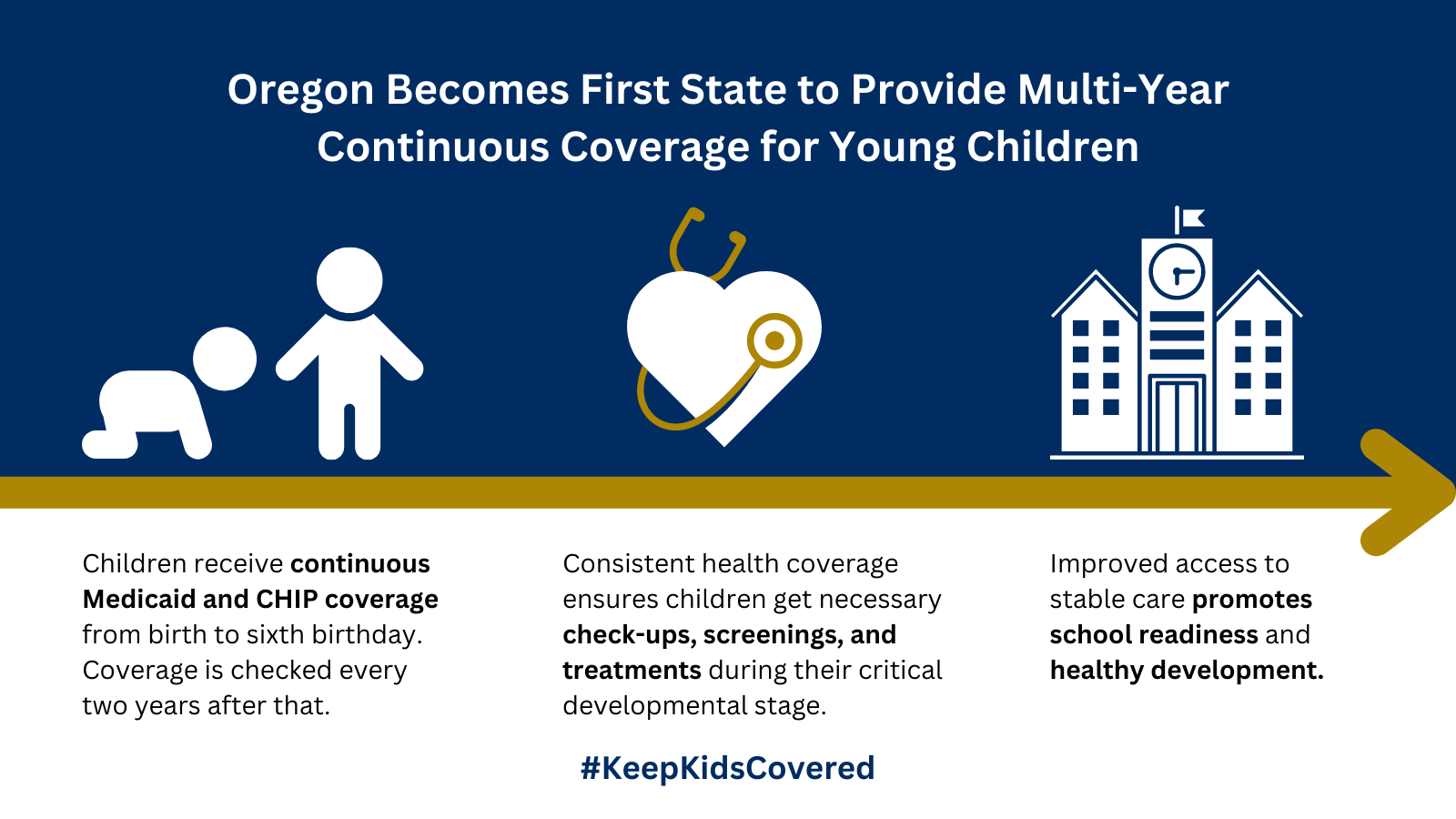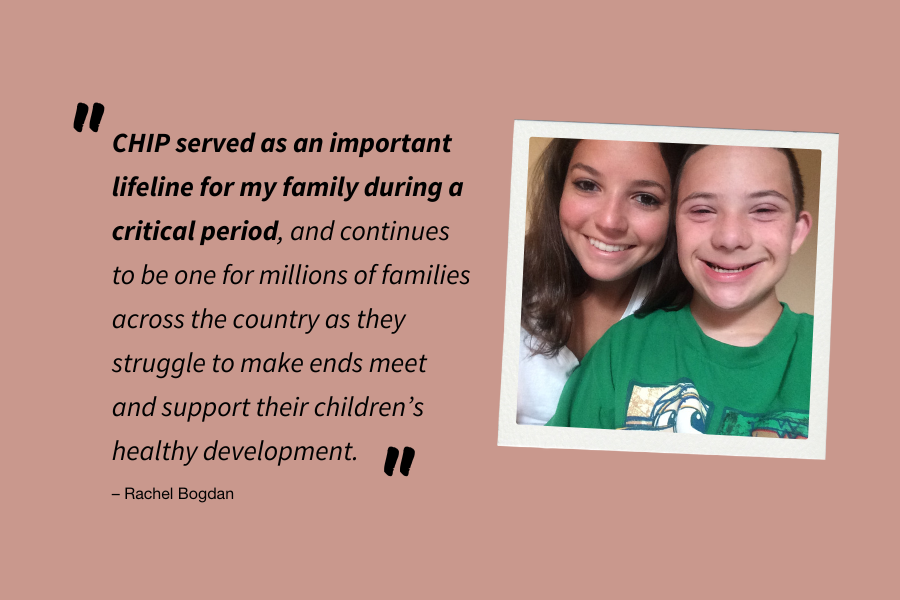Blog
-
Unwinding Wednesday #4: PHE Unwinding Related FAQs
Frequently Asked Questions or FAQs are a popular way to provide information based on the types of questions people most frequently ask. But like all types of communications, how well FAQs convey information depends on the audience and how easy the content is to understand. In our 50-State Unwinding Tracker, we have found 28 states…
-
Oregon Leads the Nation By Covering Children in Medicaid from Birth to Kindergarten – Which State Will Be Next??
The Biden Administration announced today that it will approve Oregon’s request to provide continuous Medicaid coverage to children from birth through age five and for two years for all Oregonians enrolled in Medicaid age six and up. This use of Section 1115 authority is precisely what Medicaid demonstrations are for — as we and colleagues…
-
Assessing the Potential Impact of the Inflation Reduction Act on Federal and State Medicaid Prescription Drug Spending
The Inflation Reduction Act (P.L. 117-169) did not include any drug pricing provisions directly affecting Medicaid. But as I have previously written for the Commonwealth Fund, Medicare drug pricing reforms can interact with the highly effective Medicaid Drug Rebate Program, under which drug manufacturers must pay sizable rebates to state Medicaid programs that significantly lower…
-
Congress Could Consider Medicaid and CHIP Drug Pricing Provisions
The Inflation Reduction Act (P.L. 117-169), signed into law on August 16, 2022, includes historic Medicare drug pricing provisions such as a requirement for Medicare to directly negotiate prices with drug manufacturers for certain high-cost drugs and a requirement that drug manufacturers pay rebates to Medicare if their prices rise faster than inflation. Unfortunately, the…
-
Unwinding Wednesday #3: State Plans Provide a Glimpse into Unwinding Process
This week in our Unwinding Wednesday blog series, we unpack an element of our 50-state Unwinding Tracker that has been a top issue since discussions about the end of the continuous enrollment protection began: state unwinding plans. In the initial December 2020 guidance, CMS advised states to develop and document a comprehensive plan for eligibility…
-
Child Uninsured Rate Declined During the Pandemic Thanks to Medicaid
New data from the American Community Survey (ACS) released today by the U.S. Census Bureau suggests that the continuous coverage provision of the Families First Coronavirus Response Act (which prohibits states from disenrolling anyone involuntarily from Medicaid during the duration of the federal COVID-19 public health emergency), has resulted in the child uninsured rate stabilizing and…
-
Unwinding Wednesday #2: Alert to Update Contact Information Most Common Unwinding Information Found on State Medicaid Websites
Last week, we launched our new 50-State Unwinding Tracker, which reflects whether states have posted key information or documents for preparation of the end of the public health emergency and the lifting of the Medicaid continuous coverage protection. In the coming weeks, we plan to lift up additional information that can be gleaned from the…
-
Medicaid Managed Care Research: 2022 in Review
As frequent (or even infrequent) readers of Say Ahhh! have heard us say, the world of Medicaid managed care is complex. But because over 70 percent of all Medicaid beneficiaries (and over 80 percent of child beneficiaries) are enrolled in a Managed Care Organization (MCO), those of us who are invested in keeping track of…
-
CMS Approves First State for New ARPA Medicaid Mobile Crisis Services Option, Additional States Express Interest
This week, the Centers for Medicare & Medicaid Services announced approval of Oregon’s plan to cover community-based mobile crisis intervention services for individuals experiencing mental health or substance use crises under a new Medicaid state option. As we’ve previously highlighted on Say Ahhh!, the American Rescue Plan Act (ARPA), passed in March 2021, included a…
-
Judiciary Gone Rogue: Federal Judge Overreaches in Georgia Medicaid Waiver Case
Another day, another deeply troubling federal court decision. This time a judge has misread Medicaid law to potentially leave 350,000 uninsured Georgians locked out of coverage. Here’s the story. In late 2020, the Trump administration approved a very limited section 1115 Medicaid expansion demonstration in Georgia with work requirements and premiums. (This 1115 should not…
-
Biden Administration Releases Final Rule on Public Charge
After years of seemingly ever-changing rules around public charge, it comes as a relief to see a final rule that is faithful to the statute and supported by extensive policy evidence. The definition of public charge in the final rule is consistent with long established public charge policy and law, unlike the rules under the…
-
Bipartisan Medicaid Expansion Efforts in North Carolina: How Politicians Formerly Opposed to Expansion Are Framing Their New Support
In a reversal of the longtime opposition of many members of their caucus, House and Senate Republicans in North Carolina have joined Democratic colleagues and shown overwhelming support for Medicaid expansion in North Carolina’s 2022 legislative session. Both chambers have passed their own Medicaid expansion bills with nearly unanimous support from both parties, although they…
-
New Unwinding Resources and our “Unwinding Wednesday” Blog Series Kickoff
Today, CCF posted new resources relating to the unwinding of the Medicaid continuous coverage protection after the public health emergency (PHE) ends. We’re also kicking off our “Unwinding Wednesday” blog series, which will focus on planning, implementation, and monitoring of the unwinding. Tips and Best Practices Updated In August 2021, we released our Unwinding Tips…
-
Research Shows More Can Be Done to Ensure Eligible Immigrant Children and Families Get Access to Health Coverage
Since 2009, states have had the option to extend Medicaid and CHIP eligibility to lawfully residing immigrant children and pregnant people without a five-year waiting period through what is known as ICHIA (a reference to a 2007 bill called the Immigrant Children’s Health Improvement Act) or CHIPRA §214 (a reference to the section of the…
-
Proposed Eligibility Rule Simplifies Medicaid and CHIP Enrollment Process for Children
In a continuing effort to strengthen Medicaid and access to affordable, quality health coverage, the Biden Administration has proposed a series of eligibility rule changes. The Notice of Proposed Rulemaking (NPRM) seeks to streamline application and enrollment, improve retention rates, remove barriers specific to CHIP, and enhance program integrity. Eliminates enrollment barriers and benefit caps…
-
DHS Finalizes DACA Regulations To Protect Young DREAMers
[For most update information on DACA health coverage, see this blog post.] The Department of Homeland Security (DHS) recently finalized regulations on the Deferred Action for Childhood Arrivals (DACA) policy, bringing much needed reassurance to DACA grantees, sometimes called “DREAMers.” After the proposed rule was issued last fall, we submitted comments suggesting DHS adopt a…
-
Federal Report Estimates 383,000 Losing Medicaid at End of PHE in Non-Expansion States Will Have No Affordable Options Open to Them
As part of the public health emergency declared by the federal government during the COVID-19 pandemic, people who were enrolled in Medicaid in states across the country were protected from losing it through a continuous coverage provision. The idea was to keep as many people covered as possible with comprehensive, affordable health care during the…
-
CMS Preps for Upcoming School Year with New Guidance on Leveraging Medicaid to Support School-Based Services
As summer is nearing its end, the Centers for Medicare & Medicaid Services (CMS) is getting a jump on the new school year with a series of announcements aimed at improving children’s physical and mental health. As our colleague Kelly Whitener previewed last week, CMS released a number of Informational Bulletins (CIBs), including two related…
-
Medicaid Managed Care Meets the False Claims Act (Again)
Last week the Department of Justice announced that a California managed care organization (MCO) and three providers had agreed to pay a total of $70.7 million to settle allegations that they submitted false claims to the state’s Medicaid program. Most of the payments ($68.25 million) will go to the federal government, the remaining $2.45 million…
-
CHIP Helped My Family Through a Tough Time
We often hear “it takes a village to raise a child” and that adage certainly holds true for my childhood. I am the third oldest in a large family. My parents worked different shifts so one of them could usually be home with us while my grandparents filled in the gaps. Additionally, my two older…





















